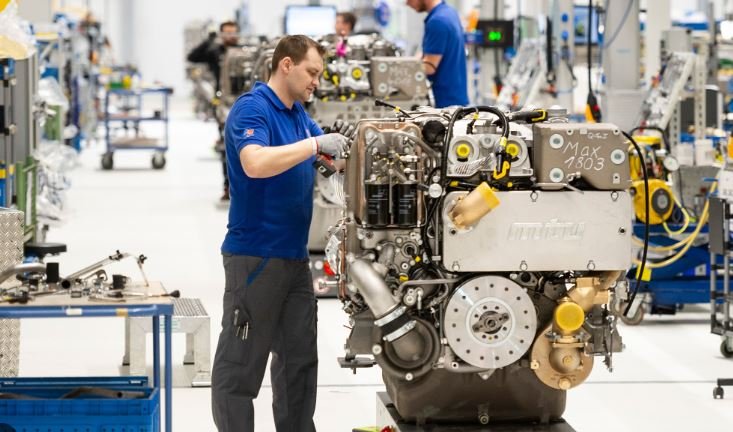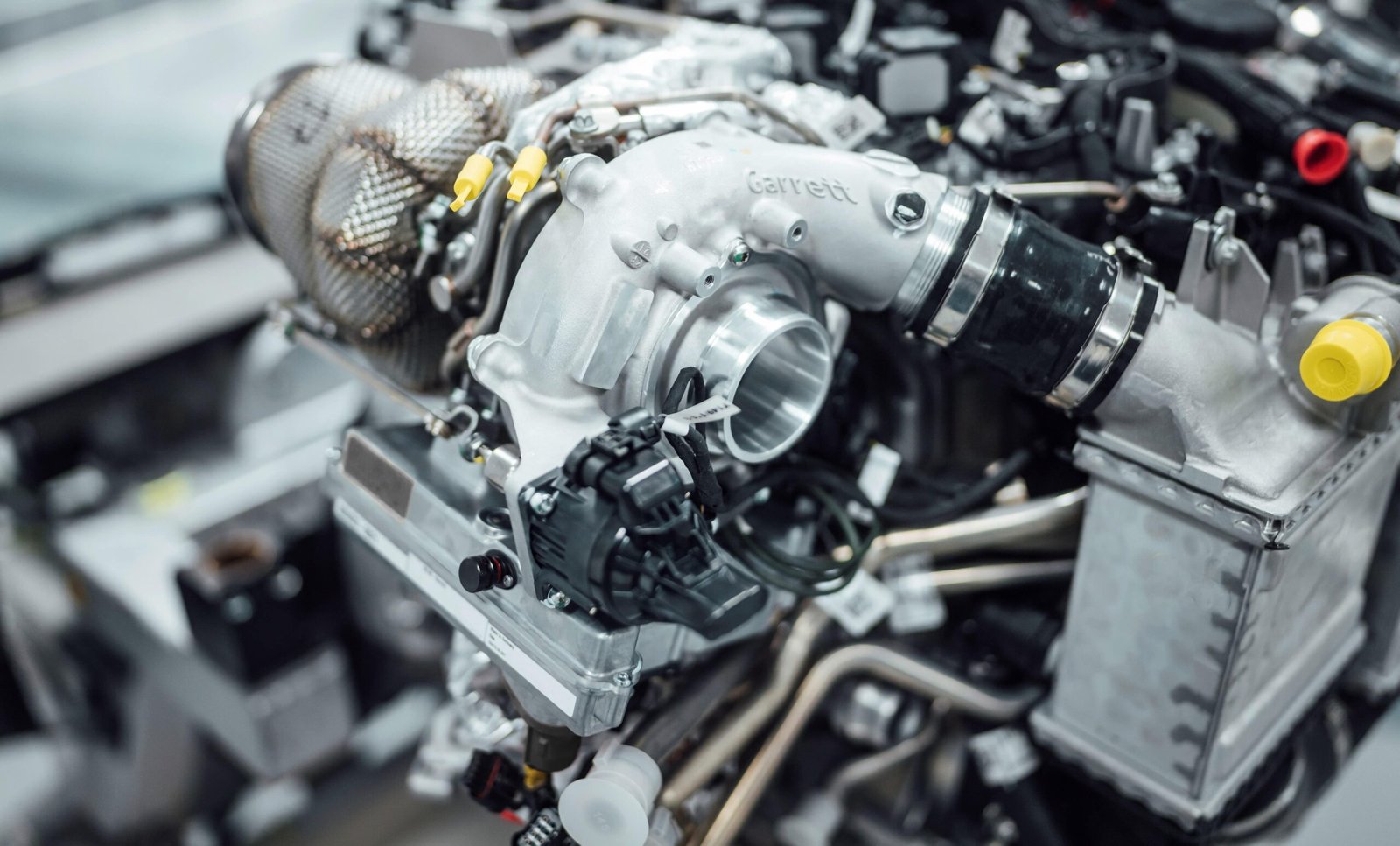The automotive industry is undergoing a significant transformation as technology advances and environmental concerns grow. The future of car engines promises innovations that will reshape how we drive, focusing on efficiency, sustainability, and performance. This guide explores the emerging trends and technologies likely to define the future of car engines.

Electrification of Engines
The shift towards electric vehicles (EVs) is one of the most prominent trends in the future of car engines. EVs eliminate the need for internal combustion engines (ICEs), relying solely on electric motors powered by batteries. This shift reduces emissions, lowers fuel costs, and offers a quieter driving experience. As battery technology advances, EVs will become more affordable and offer longer ranges, making them a viable option for more drivers.
Hybrid Powertrains
Hybrid powertrains combine traditional ICEs with electric motors to enhance fuel efficiency and reduce emissions. The future of hybrid engines involves more advanced configurations, such as plug-in hybrids (PHEVs) with larger batteries for extended electric-only ranges and mild hybrids that offer better efficiency without significant changes to the vehicle’s architecture. These advancements aim to provide a balance between performance and environmental benefits.
Hydrogen Fuel Cells
Hydrogen fuel cell technology represents another promising direction for the future of car engines. These fuel cells generate electricity through a chemical reaction between hydrogen and oxygen, with water as the only byproduct. This technology offers the potential for zero-emission driving with fast refueling times and long ranges. Ongoing research and development aim to address challenges such as hydrogen production, storage, and infrastructure.
Advanced Internal Combustion Engines
Despite the rise of electric and hydrogen technologies, internal combustion engines will continue to evolve. Future ICEs will incorporate advanced materials and technologies to improve efficiency and reduce emissions. Innovations such as variable compression ratios, advanced turbocharging, and alternative fuels will enhance performance and sustainability while maintaining the familiar driving experience.
Autonomous Driving Technologies
The integration of autonomous driving technologies will significantly impact the future of car engines. Self-driving cars rely on sophisticated sensors, software, and artificial intelligence to navigate and operate independently. Engine technologies will adapt to accommodate these systems, with an emphasis on integrating powertrain management with advanced driver-assistance systems (ADAS) for seamless operation.
Connectivity and Smart Technologies
The future of car engines will also feature increased connectivity and smart technologies. Vehicle-to-everything (V2X) communication will allow cars to interact with their environment, including other vehicles, infrastructure, and the cloud. This connectivity will enable real-time data exchange, optimize engine performance, and enhance safety features, creating a more integrated driving experience.
Lightweight Materials
The use of lightweight materials will play a crucial role in the future of car engines. Advanced materials such as carbon fiber, aluminum, and composites will reduce vehicle weight, improving fuel efficiency and performance. These materials will be used in engine components and vehicle structures to enhance overall efficiency and driving dynamics.
Enhanced Engine Management Systems
Future engine management systems will become more sophisticated, incorporating advanced algorithms and real-time data processing to optimize performance and efficiency. These systems will manage various aspects of engine operation, including fuel injection, ignition timing, and turbocharging, ensuring optimal performance under different driving conditions.
Sustainable Fuel Options
Sustainable fuel options will be an essential aspect of the future of car engines. Biofuels, synthetic fuels, and other renewable energy sources will become more prevalent, reducing dependence on fossil fuels and minimizing environmental impact. Research into alternative fuels will continue to advance, providing cleaner and more sustainable options for powering internal combustion engines.
Evolution of Engine Design
The design of car engines will continue to evolve, focusing on integration with new technologies and adapting to changing consumer preferences. Innovations in engine architecture, such as modular designs and compact powertrains, will enable manufacturers to offer a diverse range of vehicles with varying power and efficiency characteristics.
Conclusion
The future of car engines is marked by significant advancements and shifts towards more sustainable and efficient technologies. From electrification and hybrid powertrains to hydrogen fuel cells and autonomous driving, the automotive industry is poised for a transformative era. By embracing these innovations, the future of car engines will offer enhanced performance, reduced environmental impact, and a more integrated driving experience.




